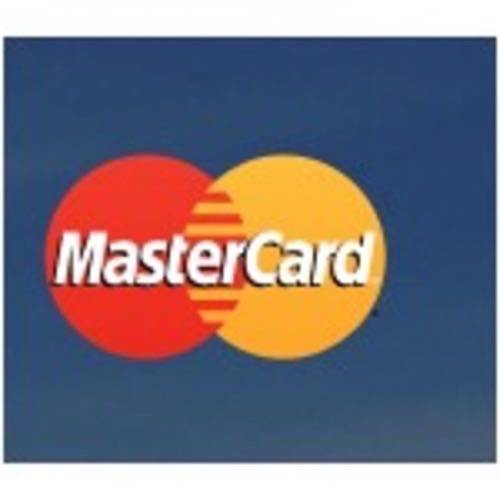MasterCard, the longtime credit card and payments processor, wants to reposition itself as a technology company. Throughout the latter half of 2011, it has been pushing hard on the technosphere to make sure that journalists and bloggers know the company is doing some cool stuff around payments research and the cutting edge of technology, like NFC, audio signals and QR codes that can lead to purchases through smartphones.

It now comes as no surprise that MasterCard has announced a partnership with Intel on a multi-year strategic partnership that is intended to enhance the security and payment experience for digital commerce. These are two titans in the tech and financial industries and shows one of the first steps of these two industries merging in the future.
“MasterCard is constantly working to improve the shopping experience for consumers and merchants … The collaboration with Intel will deliver enhanced security and faster checkout — with the convenience of a simple click or tap,” said Ed McLaughlin, chief emerging payments officer, MasterCard in the press release.
Making A Dent In The 85%
According to the joint press release, the initial focus of the MasterCard and Intel partnership will be on MasterCard’s PayPass payments hardware and Intel’s Identity Protection Technology (IPT). The idea will be to make a faster, more secure transaction with a just a click or a tap of a card or smartphone through the NFC capabilities of PayPass.
There are larger currents in motion here than just creating better transactions hardware. According to MasterCard, 85% of transactions are still done in cash. The company’s goal is to make a dent in that number. Even a half a percentage point change towards digital purchases could mean hundreds of millions of extra dollars flowing towards the payment processing industry. This is why MasterCard is repositioning itself not just as a payments firm, but as a technology company.
Convergence Of Tech & Payments
In 2011 there have been a multitude of partnerships made between tech and financial companies. A lot of the movement has to do with the emerging model of mobile payments, especially into the physical (not Web-based) world. The biggest one is probably the Google Wallet initiative, that has a wide group of companies in its early rolls (and more to come), including Google, Citi, MasterCard, Sprint and various NFC makers. There is also the Isis project that brings the other three carriers, AT&T, Verizon and T-Mobile to bear with NFC capabilities. Last week American Express announced a $100 million fund to help fund e-commerce projects. While mobile will be a huge focus for this convergence between tech and financial, it is not the only push.
Square is pushing itself into the mainstream with deals with Wal-Mart, the carriers and Apple while Intuit has made partnerships with both Verizon and AT&T with an eye towards pushing its GoPayment dongle and QuickBooks infrastructure at small businesses. PayPal wants to be two things at once, both a technology leader and a payments company and has been making a lot of horizontal movements in the sector as well.
This is not just about the financial industry moving towards technology, the way MasterCard is trying to do it. The technology industry is equally as fervent to moves towards payments. Jack Dorsey, one the founders of Twitter, is probably the best example of this. He saw earlier than most that mobile was changing the entire tech industry and that payments would be a huge part of that. Hence, he started Square, one of the first pillars of the bridge that is being built between the two industries.
Both Apple and Google have been making pushes into payments. Apple has hundreds of millions of credit cards on file to support its iTunes model where as Google Checkouts has been positioned to be the de facto purchasing solution for Android apps.

















